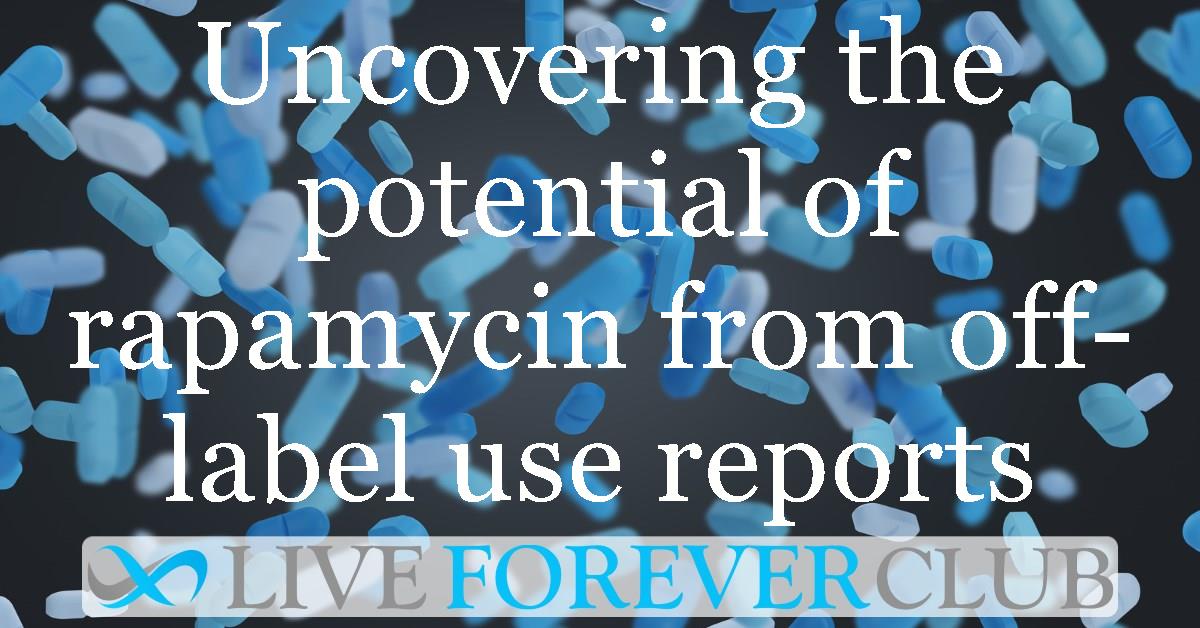Rapamycin was originally approved for kidney transplant patients but may hold promise for improving overall health and wellbeing as we age. The drug has shown signs of extending lifespan and improving health in lab animals, and now researchers have turned to human subjects who are taking the drug "off-label" - i.e., for uses not approved by the FDA.
This study focused on capturing real-world data from people taking rapamycin off-label, with the goal of investigating its potential to enhance healthspan - the period of life during which a person is generally healthy and free from serious or chronic illness. They created an online data bank and invited people to share their experiences.
Out of 505 people who filled out the survey, 333 had taken rapamycin and reported a high quality of life and good health status. This group also claimed to have experienced improvements in their overall happiness, brain function, feelings of youthfulness, and a decrease in generalized aches and pains since they started taking the drug. Many of them also reported that friends and family had noticed their improved health and appearance.
In terms of potential side effects, the study found that the rapamycin users did not experience any of the serious issues typically associated with the drug, except for mouth sores. Also, rapamycin users did not report any cases of "long-COVID", a condition where symptoms persist for weeks or even months after the infection has gone, despite being older than non-users.
The researchers caution that the study has some limitations, as it relied on self-reported data, which could potentially introduce bias. Furthermore, the respondents could be healthier or have better lifestyle habits than the average population. Also, about 20% of respondents were taking rapamycin without the supervision of a physician.
Despite these limitations, the study offers compelling data suggesting that rapamycin may hold promise as a tool to improve our health as we age, warranting further investigation. It's important to note that this isn't a recommendation for anyone to start taking rapamycin off-label; more rigorous studies are needed before that can happen. But it's an intriguing avenue of research in the field of aging.
Research led by Matt Kaeberlein, at University of Washington, published in GeroScience - "Evaluation of off-label rapamycin use to promote healthspan in 333 adults."








